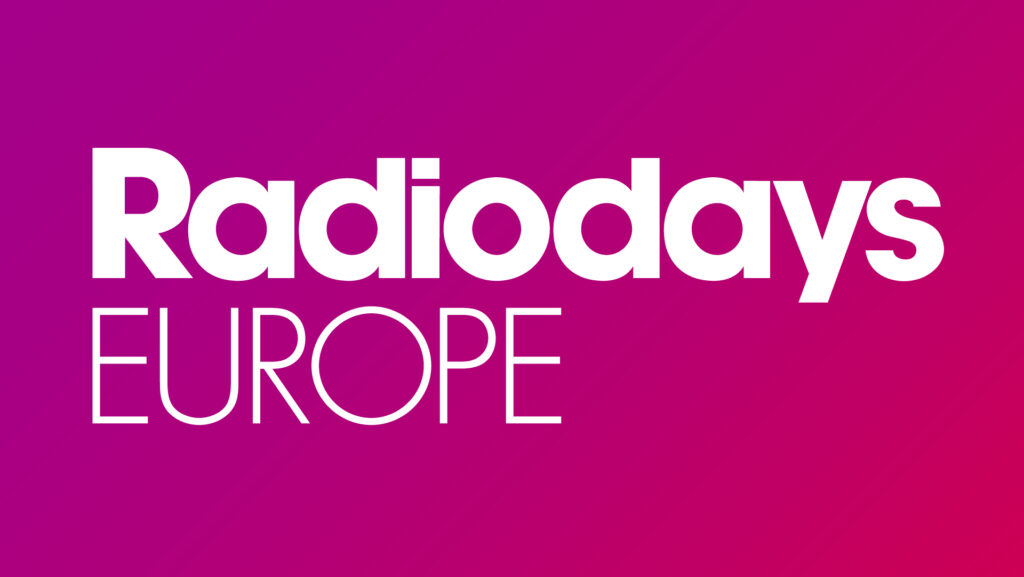Shared moments of connection between presenters and listeners, focusing on identity-forming and staying “in touch” – these are three concepts which help to target the young audience according to Anisha Ratan and Grace Jasper, Audience Research Managers from BBC. Ratan commented that even though live radio reaches 6 million listeners weekly, the biggest growth in popularity is seen in podcasts. “One out of 5 podcast listeners do not listen to any radio,” noted Jesper on the difference between radio and podcast audiences.
According to Ratan, Radio 1 tries to create “can’t-miss” moments and “hooks” which attract the audience by evoking a sense of liveness and fear of missing out. These strategies build a relationship between listeners and presenters. Radio should also cater to various moods and needs; for this purpose Radio 1 has created Happy, relax, revision mode, which is available anytime.
Jasper commented on the unfiltered nature of podcasts which the audience loves, for example in light-hearted entertainment as 6 Degrees provides or even unedited and raw opinions tackling underrepresented issues as Brown girls do it too offers. In addition, Radio 1 wants to help the young audience to learn and provide them with a platform where they can connect through their indulging passions and interests.
The third speaker, Angela Stengel from Australian ABC’s Innovation Lab team, noted that “Gen-Z is the most diverse generation so far.” She elaborated on her statement by mentioning that young people are more racially and ethnically diverse than any previous generation. One should therefore design for diversity from the beginning and also through the whole process.
Stengel looked into three aspects which should change in order to target the young audience: the content, the platform and the system. Stengel gave an example of how ABC creates their content for a specific niche. They approached the growing trend to view sexuality and gender identities as fluid spectrums. ABC did a number of research interviews to find out what the young people want and in response created a new platform called “ABCQueer”. In order to change the system, Stengel advised finding ways how to connect, attract and create opportunities for successful talents.



